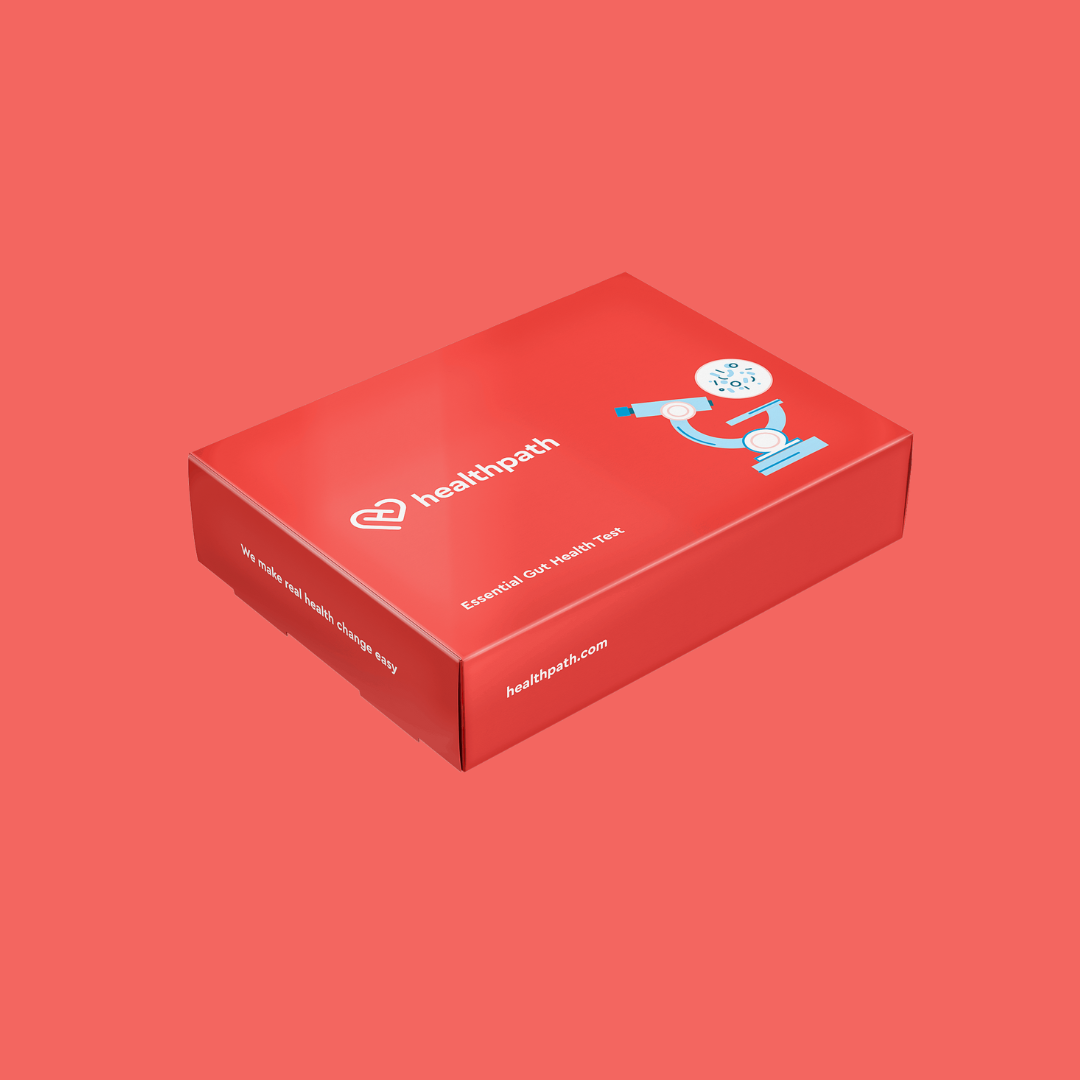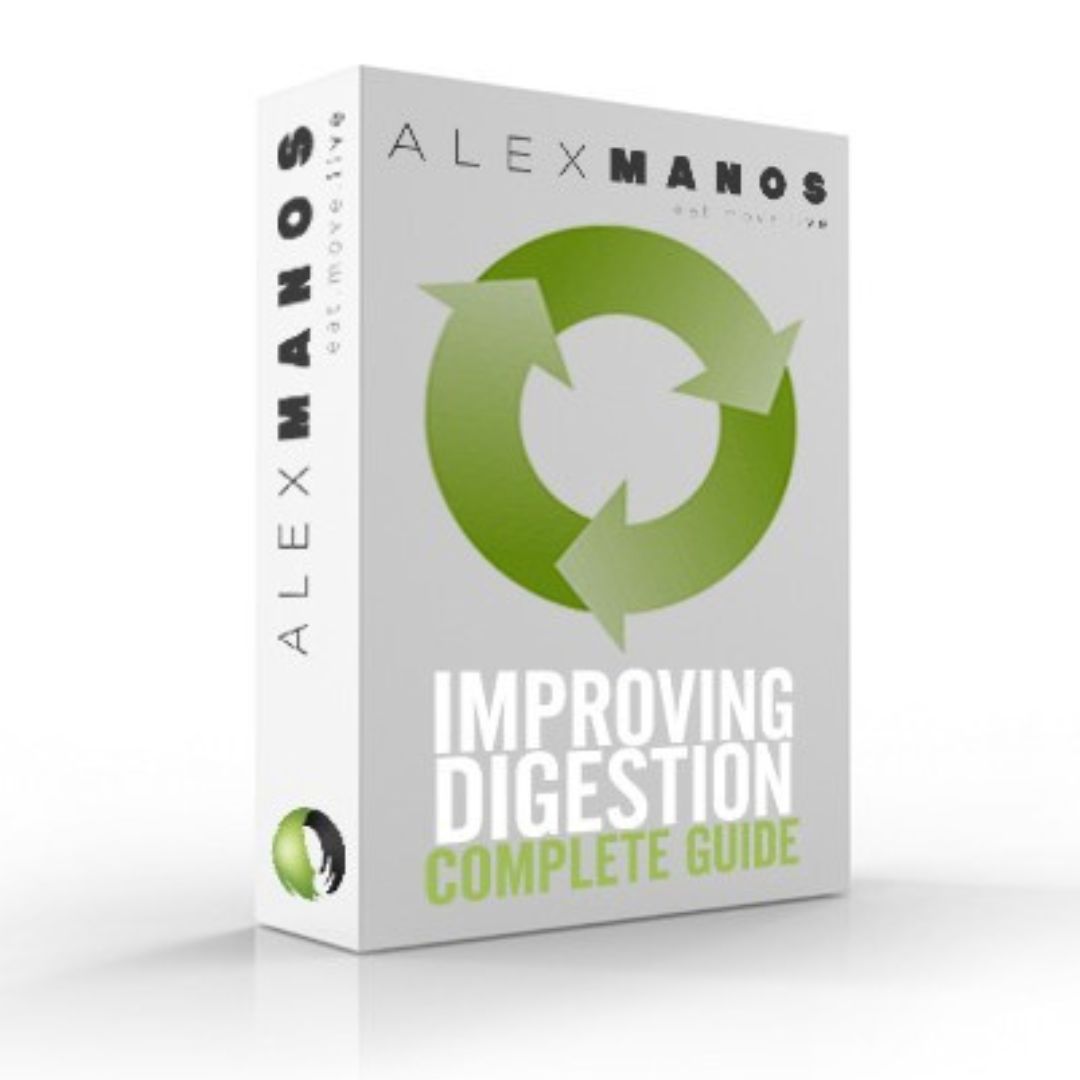What Is Leaky Gut?
The gut wall is a dynamic system influenced by the composition of the gut microbiome and the activity of intercellular connections, regulated by hormones, diet and nutrients, inflammation, and the enteric nervous system. Over the years, it has become increasingly evident that maintaining an intact gut wall is crucial to prevent various potentially harmful substances and pathogens from entering the blood stream.
Disruption of the barrier is referred to as ‘leaky gut’ and is characterised by the release of bacterial metabolites into circulation where they can initiate an inflammatory response. (source)
Symptoms Of Leaky Gut
Leaky gut may contribute to a huge variety of health issues, ranging from symptoms such as bloating, fatigue, food allergies and sensitivities, excessive flatulence, and headaches, to conditions such as autoimmune conditions, depression and other mood disorders, diabetes, inflammatory bowel disease, and multiple sclerosis.
Conditions Associated With Leaky Gut
Intestinal epithelial barrier dysfunction and increased permeability have been described in patients with inflammatory bowel disease (IBD), irritable bowel syndrome (IBS), alcoholic liver disease, nonalcoholic steatohepatitis (NASH), liver cirrhosis, acute pancreatitis, primary biliary cholangitis (PBC), type 1 and type 2 diabetes, chronic kidney disease, chronic heart failure (CHF), depression, and other diseases. (source)
Inflammatory Bowel Disease
Inflammatory bowel disease (IBD) refers to several chronic remitting diseases, Crohn’s disease and ulcerative colitis are the most well known. The two differ mainly in the area of the intestine they affect: Crohn’s can appear throughout the gut, although it mainly affects the ileum and cecum, and ulcerative colitis appears mainly in the colon and rectum. Although the cause of IBD is debated, a high level of gut inflammation is associated with leaky gut.
“It has been observed that patients have higher intestinal permeability than healthy subjects”.
Irritable Bowel Syndrome and Other Intestinal Disorders
IBS is a functional digestive disorder characterised by frequent abdominal pain related to shifts in the frequency and formation of bowel movements. Leaky gut has also been associated with the pathogenesis of IBS.
Obesity
Obesity has been associated with increased intestinal permeability (leaky gut).
Non-alcoholic Fatty Liver Disease
Nonalcoholic fatty liver disease (NAFLD) is a liver disease caused by excessive accumulation of fats within liver cells, not primarily caused by alcohol consumption. Changes in the gut microbiome in NAFLD patients increased LPS in circulating plasma, subsequently triggering inflammation. These plasma LPS and pro-inflammatory cytokines simultaneously increase the ‘leakiness’ of the gut.
Chronic Heart Disease
Patients with chronic heart failure showed a 35% increase in small bowel permeability with the lactulose/mannitol test and a 210% increase in large bowel permeability with the sucralose test. These increases in permeability were associated with disease severity, and the inflammatory marker CRP.
How To Test For Leaky Gut
There are numerous biomarkers and tests that can be used to test for leaky gut including:
- Fecal zonulin – included in the Healthpath Gut Health test.
- Serum LPS antibodies – only available when working with a health practitioner.
- Serum zonluin – although this is the most debated when it comes to accuracy/validity.
- Antibodies to occludin/zonulin and Actomyosin.
- The most commonly used test has been the urinary lactulose to mannitol ratio (L:M) urine test.
All have their advantages and in the ideal world you would likely do a couple to perform a comprehensive evaluation of the gut wall.
How To Fix Leaky Gut
It’s important to appreciate that unless you successfully address the underlying mechanism that’s causing leaky gut in the first place, you will always be struggling with symptoms. Mechanisms can be hormonal, immune/inflammatory, microbial or neurological.
The below considerations should not be taking out of this context – for many it will absolutely not be as simple as tweaking the diet and taking a couple of supplements. You need to investigate and try to understand what specifically is causing it for you. This is where working with a practitioner can be valuable.
FODMAP Diet
Leaky gut has also been associated with the pathogenesis of irritable bowel syndrome (IBS), which is treated with the low FODMAP diet. IBS patients showed lower protein zonula occludens (ZO)-1 and occludin in intestinal tissue. They also showed an increase in the production of pro-inflammatory cytokines, and these patients (most notably those with diarrhoea) showed basal levels of elevated serum TNF-α, IL-1β, and IL-6. (source)
Probiotics
Probiotics provide many benefits including the maintenance of homeostasis and intestinal integrity, regulation of intestinal transit, the production of short-chain fatty acids and vitamins, and providing enzyme digestion activities for the degradation of undigested fibers, anti-inflammatory properties, and the neutralisation of xenobiotics.
“Probiotics could also help modulate intestinal permeability affecting the mucus, epithelium and microbiota.”
These factors combine to result in greater integrity of the intestine, making probiotics a fantastic therapy for reducing leaky gut. (source)
Which Probiotic Is Beat For Leaky Gut?
Various species of Lactobacillus exert effects on the expression and secretion of mucins. Intestinal mucins are the mucus’s main protein component that covers the gut lining. In vitro studies show that various species of Lactobacillus, such as L. plantarum 299v and L. rhamnosus GG, may increase mucin expression and secretion by goblet cells as a mechanism to enhance barrier function and pathogen exclusion by limiting bacterial movement through of the mucosal layer. (source)
Learn more about probiotics in my blog What Are The Best Probiotics.
Vitamins
Vitamins A and D play critical functions in regulating gut health. In clinical trials, these vitamins impacted the components of the mucosal barrier, including epithelial integrity, immune system, and gut microbiota. It is suggested that vitamins A and D’s effects on gut microbiota composition are indirect. In human studies, vitamin A-sufficient children have more diverse microbial communities when compared to vitamin A-deficient children. In the intestinal epithelium, in vitro studies show that vitamin A and vitamin D improve the tight junctions (ZO-1, occludin, and several claudins).
“Vitamins A and D are necessary for the integrity of the epithelium and gut microbiome and modulate immune responses”. (source)
Fibers and Short-Chain Fatty Acids
Dietary fibers are appropriate for anti-inflammation properties and intestinal barrier regulation. Accordingly, the microbiota ferments DF and produces short-chain fatty acids (SCFAs) such as butyrate, propionate, and acetate. In particular, the beneficial species of Bifidobacterium bacteriaand Lactobacilli are related to the production of SCFA and the immunostimulation and inhibitory effects on the growth of harmful bacteria. The SCFA constitutes the primary energy source for the colonocyte’s epithelial cells.
Butyrate is the most critical substrate the colonocyte prefers, providing between 60 and 70% of the energy requirements. SCFAs are critical in metabolism, immunity, and intestinal barrier functions. (source)
Glutamine
Dietary glutamine is not subject to significant acid hydrolysis in the stomach and upper duodenum and is, therefore, effectively available in the small intestine for absorption and metabolic utilisation. In accompaniment to its essential function in absorption, secretion, and digestion, amino acids are critical to nourishing gut health as a barrier to the permeability of pathogens, allergens, and toxins into the epithelium. Glutamine is considered a crucial amino acid capable of regulating the expression of tight junction proteins, allowing the membrane of intestinal cells to remain impermeable.
Glutamine with probiotics can have beneficial effects when treating intestinal permeability in patients with severe disorders. This combination could generate a synergistic effect by increasing the amount of Lactobacillus, slowing down the growth of Gram-negative bacteria, improving the structure of the intestinal flora, and restoring damage to the colonic barrier. In addition, it can effectively reduce leaky gut and the intestinal endotoxin level, restoring the mechanical damage of the intestinal barrier and thus reducing intestinal bacteria’s translocation. (source)
Polyphenols
To date, the mechanisms of action regarding polyphenols with intestinal permeability have not been well understood. Nevertheless, polyphenols are involved in a direct/indirect matter with intestinal permeability by NF-κB inactivation, a pathway identified as among the most significant arbitrators of cytokines, interleukins, and inflammation. Furthermore, the NF-κB activation is related to impairing the epithelial barrier function by TJ disassembly.
Epigallocatechin 3-gallate, curcumin, and quercetin have been reported to decrease intestinal permeability by inhibiting protein kinase C and myosin light-chain kinase involved in the phosphorylation of inflammatory proteins. (source)
Medicinial Herbs
Medical plants have phytochemicals such as organic acids, flavonoids, iridoid glycosides, saponins, chlorogenic acid, secoiridoids, berberine, sesquiterpene, and sesquiterpenoid. These phytochemicals have proven to treat diseases such as obesity, nonalcoholic steatohepatitis, ulcerative colitis, Crohn’s disease, food allergies, inflammatory bowel disease, and irritable bowel syndrome. As noted before, a leaky gut is usually related to diseases such as dysbiosis, immune system imbalance, IBS, and nutritional deficiencies.
Given the influence of intestinal permeability on numerous illnesses, the integrity of the gut epithelial functions is essential for maintaining intestinal homeostasis. The mechanism of actions in medical plants is broad, including regulating intestinal microbiota and permeability, upregulating both mRNA and protein expressions of claudin-1, lowering extracellular signal-regulated kinase activation in hepatocytes, suppressing MLCK-MLC phosphorylation signaling pathway, and protecting on IECs against LPS-insult. Recent studies suggest that herbs alleviate leaky gut-related diseases in animal studies and clinical trials. Medical herbs can deliver a potential therapeutic approach for gastrointestinal disorders. (source)
Mushrooms
Mushroom polysaccharides can also affect SCFAs production mainly butyrate, propionate, and acetate. Many studies have reported within the lower intestinal tract that mushroom polysaccharides contributed to the proliferation of Bacteroidetes, which is liable for most acetate and propionate production. The SCFAs can interact with many receptors to enhance immune-signaling and anti-inflammatory activities.
Recent studies showed that mushrooms act as prebiotics to promote a balanced and healthy gut microbiota, granting health benefits to leaky gut-related diseases. (source)
Bovine Colostrum
In a meta-analysis of studies looking at bovine colostrum the authors concluded that “supplementation significantly reduced intestinal permeability.” (source)
My Interview With Kiran Krishan
Conclusions
Leaky gut can be a common component of many chronic health conditions.
It can easily be tested via various tests – stool, urine or blood.
Leaky gut is a symptom in its own right.
Additional testing may be needed to help understand what the underlying mechanisms are contributing to leaky gut.
Working with a practitioner may be helpful – especially if you have a diagnosed condition.
There are numerous nutrients, herbs, supplements and lifestyle strategies that may support a healthy gut wall.
Alex is a certified Functional Medicine Practitioner (IFMCP) and has a MSc in Personalised Nutrition. He is also a breathwork facilitator with a background in personal training and massage therapy. He also runs The Resiliency Program - a 24 week program aimed at building physical, mental, emotional, and spiritual resilience.






